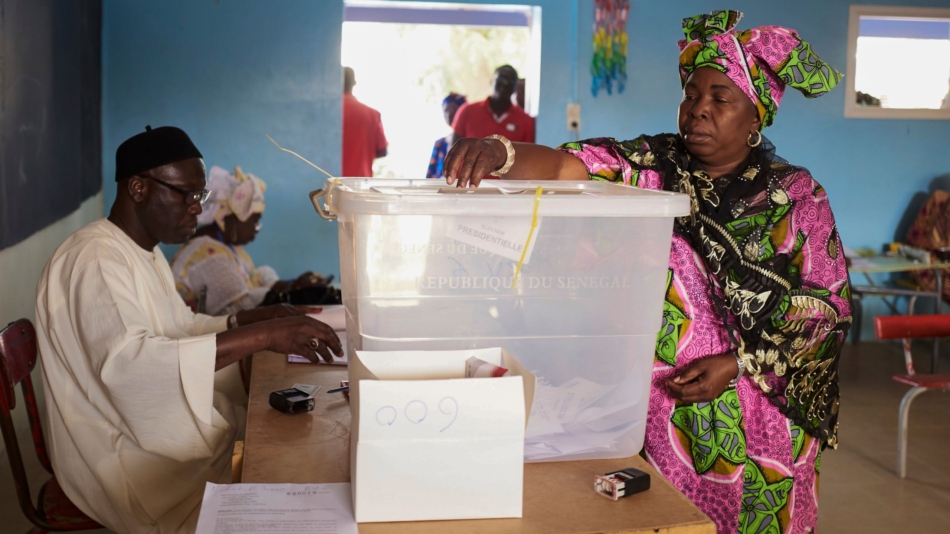Inclusive Governance and Evidence-Informed Policymaking
 Michele Cattani / AFP
Michele Cattani / AFP
 Michele Cattani / AFP
Michele Cattani / AFP